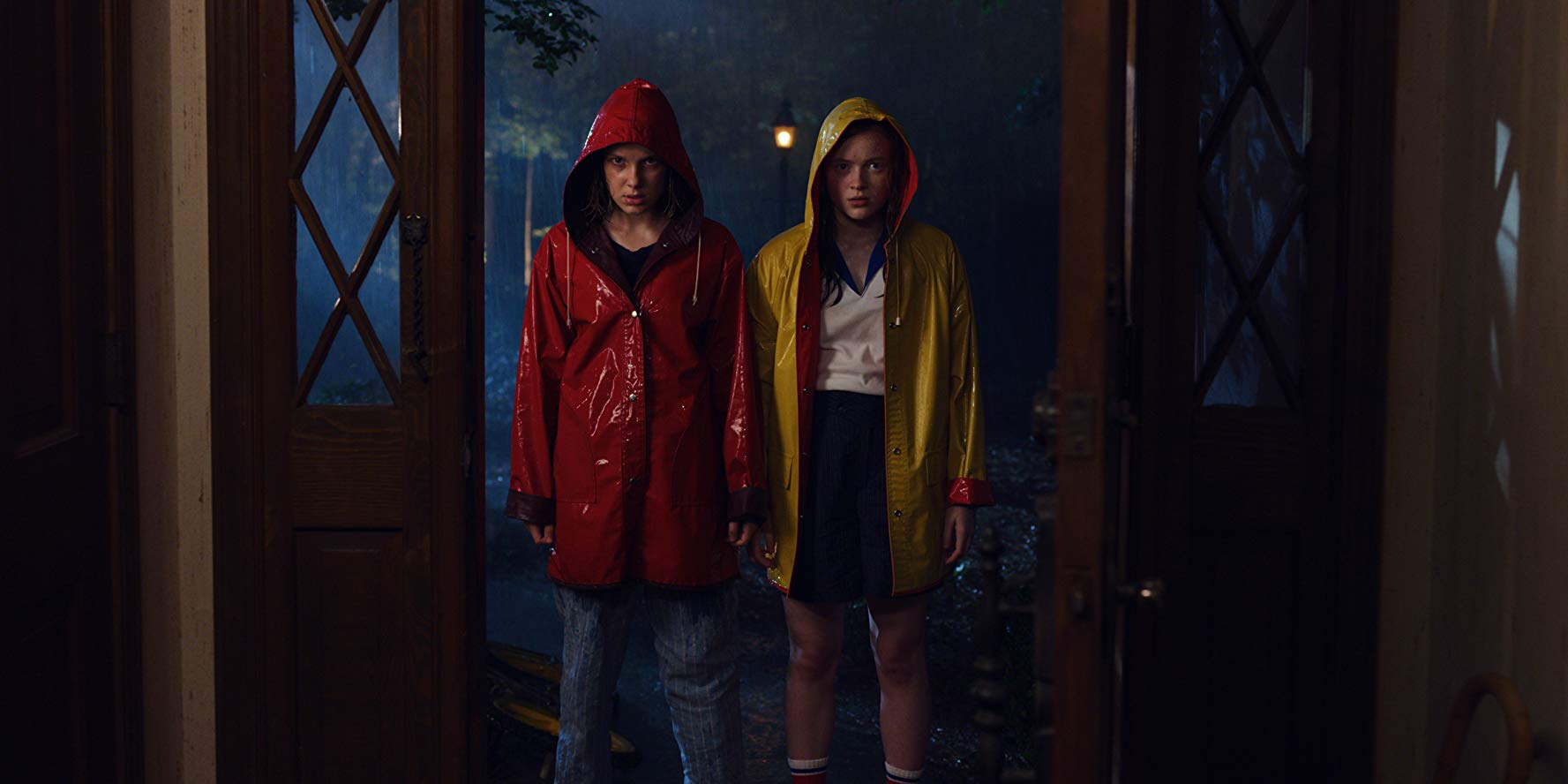
Stranger Things Season 3 released on Netflix on July 4th, 2019. The hit show is known for its 80’s nostalgia, creepy monsters, fantastic acting, and breakneck binge-able pace. It saw some of the most satisfying wins in the show’s short run… as well as some of the most disappointing duds.
In this review, there won’t be any specific plot point spoilers. However, character arcs and basic overarching themes will be discussed, which may impact your viewing experience. Continue at your own risk.
Win – Joyce
Joyce has been a favorite of mine since day one. I have always adored her fearless tenacity and fierce loyalty to her children. Now there’s a new aspect of her personality to appreciate; her wisdom. Joyce is a great mom, but in this season, she is so much more than that.
She is a mountain of a woman who takes no guff, gets the job done, and takes time to offer tender motherly understanding to poor, confused Hops. It’s nice to see what Joyce is like when she’s not in a state of constant panic. She really comes into her own this season, and her evolution from disaster mom to confident sage has been a joy to watch.
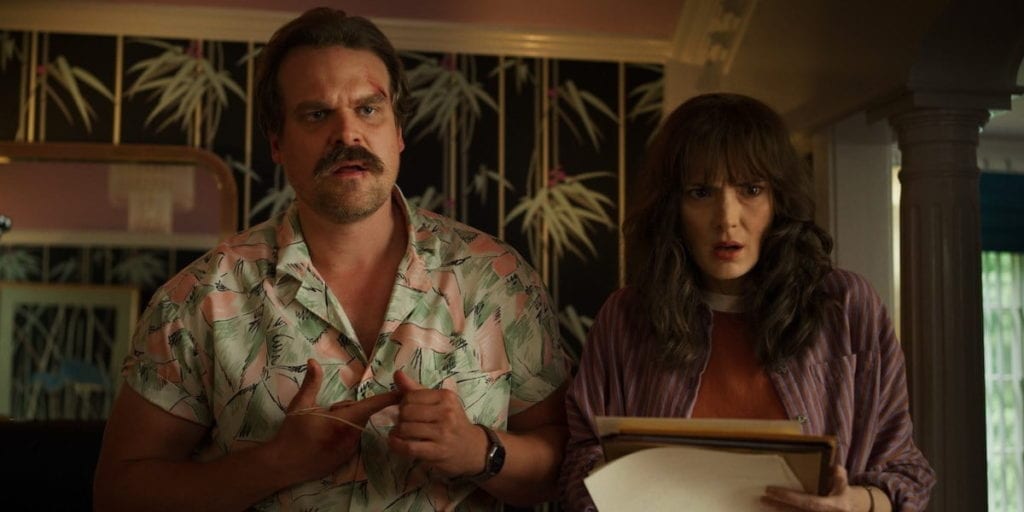
Dud – Hopper
Hops is known for his short temper, bleeding heart, and wild west “punch first, ask questions later” attitude. This season, the short temper was in huge supply; the bleeding heart, not so much. While I love a cowboy with a heart of gold, punching is not the solution to every problem, a lesson one would think Hops would’ve learned by now.
He is a man who is quick on his feet; not just when it comes to violence, but sweet talking as well. Hopper has a couple of inspired moments of dialogue, but for the most part, he is reduced to tired clichés about killing Mike for daring to kiss his daughter. When he’s not acting like a sitcom couch dad, he’s bickering with Joyce. The bickering isn’t cute; it’s loud, drawn out, and unnecessary.
Writer’s tip: If your characters find Hops and Joyce irritating, your audience probably will too.
Win – Robin and Steve
Steve “The Hair” Harrington is quickly becoming one of my favorite fictional people of all time. Since the last time we saw him, Steve has begun his post-high school career at Scoops Ahoy, a pirate-themed ice cream shop, in a not-so-subtle nod to Fast Times at Ridgemont High. Fast Times is a perfect choice for Steve. The horny 80’s high school flick is surprisingly progressive and emotionally mature. That’s Steve in a nutshell.
He’s evolved far past his stereotypical popular pretty boy origins into a character that audiences can really root for. The scene in which he is unabashedly ecstatic at the sight of his best friend Dustin, is pure, wholesome magic. He has finally learned not to take himself too seriously.
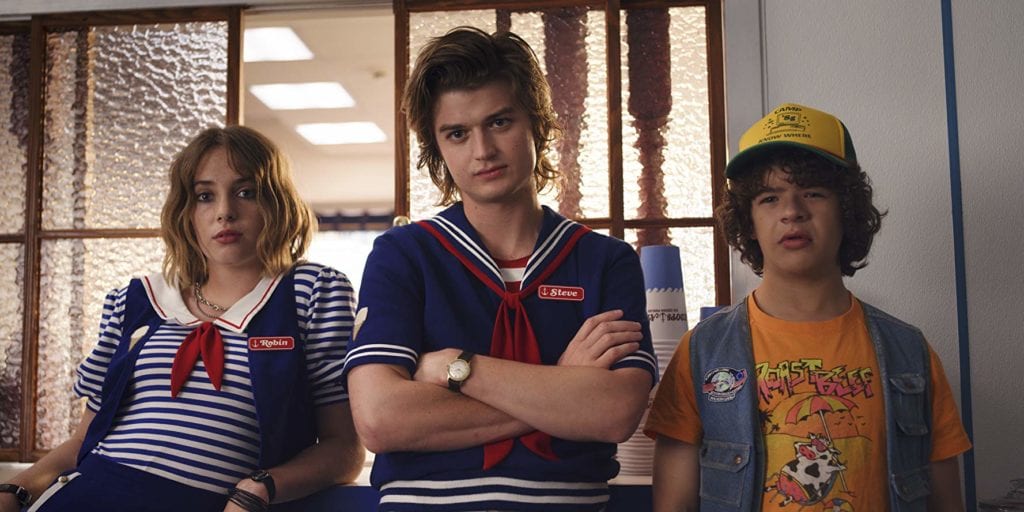
Robin is a fantastic addition to the cast. Working with Steve at Scoops Ahoy, she rolls her eyes at his sincerity and keeps track of his romantic failures on a whiteboard. She is a beloved 80’s archetype: the sarcastic part-timer. But she is so much more than that.
Robin really comes into her own in the second half of the season, when she and Steve share some tender moments. In these scenes, her emotional vulnerability is only matched by Steve’s compassion. Watching these two characters sit on the dirty floor of a public bathroom stall and hash out their feelings was one of the biggest highlights of the season.
Dud – Billy
Stranger Things went for the gut when they wrote a redemption arc for one of the primary antagonists of seasons two and three, Billy. Unfortunately, the hit just didn’t land. Though the attempt to humanize Billy is admirable, it wasn’t a wise choice. Billy, especially in season two of the show, was very uncomfortable to watch. An evil character might have been redeemable, but Billy seemed more like a loathsome jerk than a true villain.
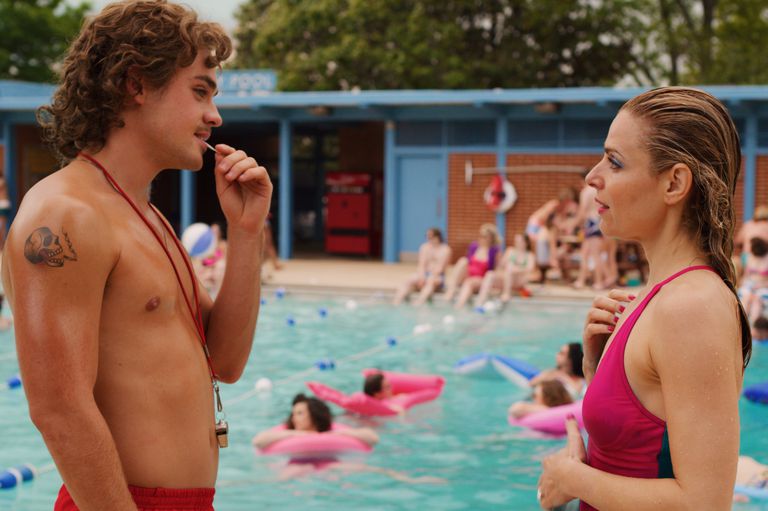
Billy in season three is treated as more of a victim than an oppressor, but given his hostile relationship with Max, I find it hard to care about his damage. His story evokes pity, but not love. Pity is not enough to save this character in the eyes of the audience. Billy is not a tragic hero, no matter how much the show tries to paint him as one.
Win – Nancy
It’s nice that the show evolved past the “will they, won’t they” relationship with Nancy and Jonathan. They are so much more interesting as a couple. Nancy’s grown up makeover is both physical (her 80’s businesswoman hair is spectacular) and emotional.
The show is downright progressive, if a bit cartoonish, in its discussion of realities for women in the workplace. While other shows might have seen Nancy’s stubbornness as something to be “fixed,” Stranger Things doubles down on its support of her dreams. The heated conversation between her and Jonathan, where they discuss how it feels to live in poverty and how that compares to the plight of a woman in a male-dominated workplace, inspires real empathy for the characters.
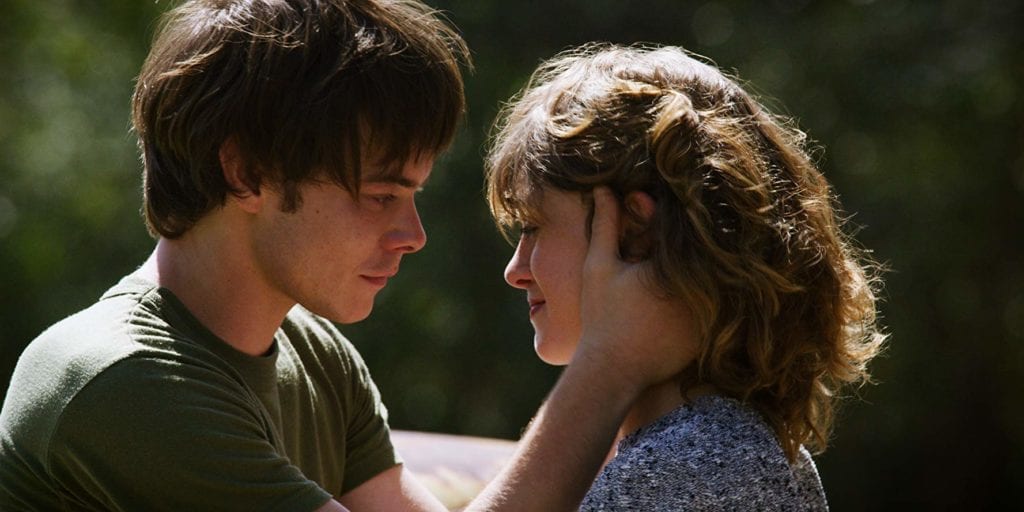
Nancy’s first wobbly steps into the world of adulthood are accompanied by increased screen time for her mother, Karen. For the first time, Stranger Things is focusing on the genuine connections formed between women. Nancy and Karen shine like beacons in the darkness. I would love to see Karen get a full character arc in future seasons.
Nancy’s upgrade isn’t just in the office. She is consistently the only character, other than Hopper, to use firearms. There is something so satisfying about watching a horror film “final girl” trope transform into a strong and capable shotgun-wielding monster fighter. A woman with a gun is nothing new in sci-fi, but Stranger Things has another, more subtle, trick up its sleeve. With the exception of the obvious villainous boardroom of overbearing men, not a single character doubts Nancy.
Not once does a character offer to take the gun from Nancy. Not once do we hear a sexist remark about how maybe she should stay in the back and protect the kids. Not once is she treated as anything other than a vital member of the team. Jonathan and Nancy occasionally disagree about her methods, but he never doubts Nancy’s skill nor her ability to defend herself. I loved watching these two team up to take down backwards patriarchal values by day and otherworldly demons by night.
Dud – Will
Poor Will. The show writers don’t seem to know what to do with him. Unfortunately, in seasons one and two, while all of the other boys were growing and changing, Will was relegated to plot device status. Now that the story no longer revolves around him, it is wildly obvious that Will has very little to contribute to the show.
Will’s budding sexuality, or lack thereof, leaves something to be desired. As the other boys pursue romantic interests, it becomes increasingly obvious that Will is not interested in girls. The reason is unclear. Will might be a late bloomer, asexual, or he might be gay. The show seems to want to code him as gay, but coding is regressive and shouldn’t be mistaken for representation. Stranger Things seems interested in exploring LGBTQ+ themes, so why not go for it?
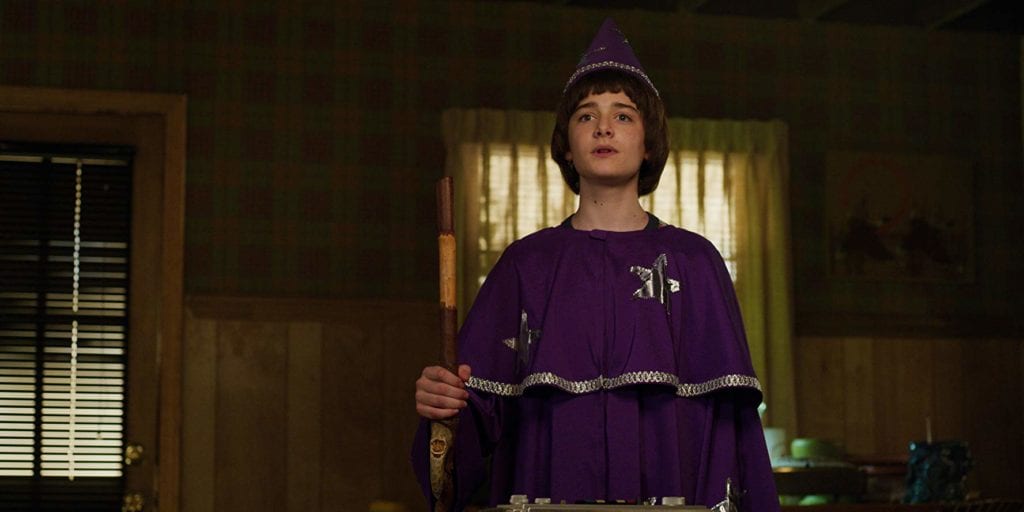
Instead, the writers went for an arc about doing away with childish things, but in 2019, in the middle of the Dungeons & Dragons Renaissance, this subplot felt insulting and out of touch. For some reason, the showrunners still seem to think of D&D as an embarrassing thing that boys do in basements when they should be out kissing girls.
Yes, Stranger Things is a period piece. Yes, 1985 was a different time for D&D nerds. But Stranger Things is successful because of its ability to adapt nostalgia for the sensibilities of a modern audience. Steve is allowed to be as anachronistic as he wants, but Will is left in the stone age with the pitiable misfits and the invisible LGBTQ+ kids of the real 1985. Why?
Win – Eleven
Millie Bobby Brown’s Eleven has been the breakout star since day one. Throughout seasons one and two, Elle has been a survivor, a telepathic killer, a child, a friend, a lost soul, but she’s never really been able to explore what it means to be a girl. Stranger Things Season 3 is all about GIRL POWER.
Eleven’s shopping montages and sleepovers with Max may seem like subplot filler, but these sequences are essential to her story. For the first time in the entire series, someone is finally asking Elle what she wants, and Elle is finally learning to define herself by her own rules. Eleven is a teenage girl, and she acts like it. She’s no longer just a combination of monosyllabic muttering and superhuman powers. She’s sassy and rebellious; she likes bright colors and wearing her hair parted to one side.
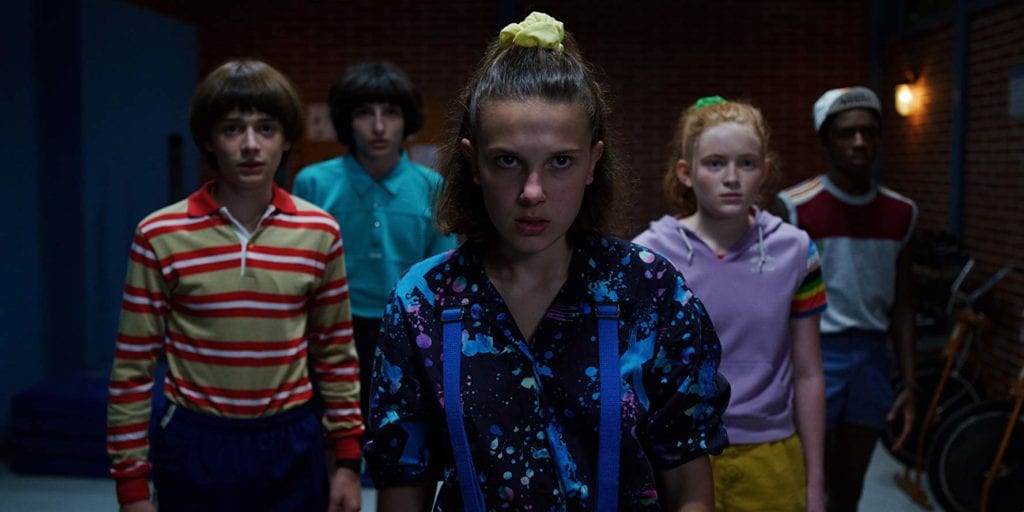
These are the things we learn during our formative teenage years, and Eleven has a lot of catching up to do. I’m glad she has friends like Max and Mike, and strong role models like Joyce and Hopper to help her discover that her powers aren’t limited to flipping trucks and exploding heads. She is a unique person, and her power comes from who she is just as much as what she is.
Eleven is finally given a reprieve from her terrible past. She’s not haunted by nightmares and flashbacks. She’s not searching for answers about her origins. She’s existing in the world, learning how she fits into it, and building the foundations of the woman she is going to be. Eleven’s journey isn’t going to be easy, but I believe that she will thrive thanks to the strength and conviction she has found within herself this season.
Final Thoughts
Stranger Things Season 3 was a mixed bag, but TV shows always are. Sure, there were missed opportunities, but there were also so many heartfelt moments. I love that the show is evolving as the characters grow and change. Tonally, Season 3 is a departure from the serious roots of the first two seasons, but it is a welcome one. I enjoyed the dash of silliness and lightheartedness this new season brought to the Stranger Things mythos. A little bit of camp goes a long way.
P.S. My final win is The Neverending Story. It’s got a great theme song.



Recent Comments